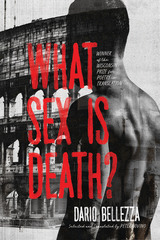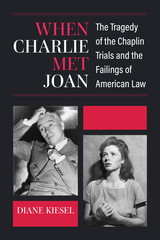
The increasing radicalization of political life in most countries in Europe lends special relevance to studies of the antifascist legacies on the continent. This insightful collection of essays is an in-depth review of antifascism in Slovenia, setting it in the context of related movements elsewhere in Europe. The period treated by the 19 essays comprises the interwar period, World War Two, and the post-war decades. The comparative and transnational perspectives advanced by the volume change our understanding of antifascism.
The essays deal with the right-wing but also left-wing instrumentalization of antifascism, with a particular focus on the communist and post-communist periods. The authors point out that antifascism comes in various strains, whether inspired by liberalism, social democracy, communism, monarchism, anarchism, or even Christian conservatism. The contributors bring to light several overlooked antifascist actors, campaigns, and organisations, mostly in Slovenia and the Adriatic area.
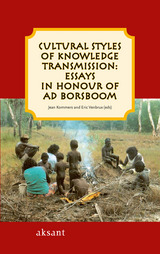
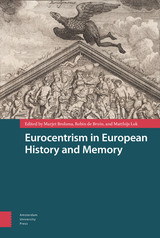
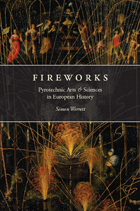
Fireworks are synonymous with celebration in the twenty-first century. But pyrotechnics—in the form of rockets, crackers, wheels, and bombs—have exploded in sparks and noise to delight audiences in Europe ever since the Renaissance. Here, Simon Werrett shows that, far from being only a means of entertainment, fireworks helped foster advances in natural philosophy, chemistry, mathematics, and many other branches of the sciences.
Fireworks brings to vibrant life the many artful practices of pyrotechnicians, as well as the elegant compositions of the architects, poets, painters, and musicians they inspired. At the same time, it uncovers the dynamic relationships that developed between the many artists and scientists who produced pyrotechnics. In so doing, the book demonstrates the critical role that pyrotechnics played in the development of physics, astronomy, chemistry and physiology, meteorology, and electrical science. Richly illustrated and drawing on a wide range of new sources, Fireworks takes readers back to a world where pyrotechnics were both divine and magical and reveals for the first time their vital contribution to the modernization of European ideas.
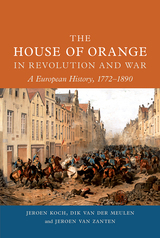
Three rulers from the House of Orange-Nassau reigned over the Netherlands from 1813 to 1890: King William I from 1813 to 1840, King William II from 1840 to 1849, and King William III from 1849 to 1890. Theirs is an epic tale of joy and tragedy, progress and catastrophe, disappointment and glory—all set against the backdrop of a Europe plagued by war and revolution.
The House of Orange in Revolution and War relates one and a half centuries of House of Orange history in a gripping narrative, leading the reader from the last stadholders of the Dutch Republic to the modern monarchy of the early twentieth century, from the French Revolution and the Napoleonic wars to World War I and the European Revolutions that came after it.
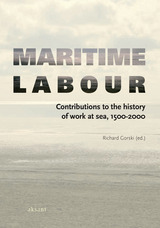
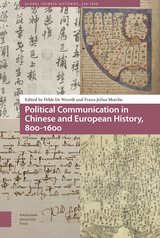
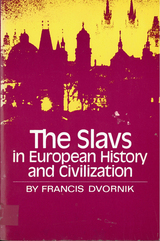
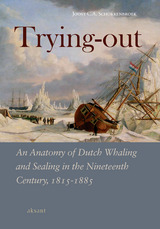

Turning Points in Modern Times focuses on events after 1917: the rise of Nazism on the Right and authoritarianism on the Left. Bracher provides an incisive framework for understanding the great ideological confrontation of this century--democracy versus totalitarianism in the forms of fascism, Nazism, and communism. His analysis of the outcomes underscores the significance and power of democratic values and governments.
The doyen of German political history, Karl Dietrich Bracher extends the argument against dictatorship that runs through his life's work, offers a blueprint for dealing with the recent past of the communist East German State (DDR), looks at the true facts of the Stasi collaboration, and challenges misperceptions of Hitler, Stalin, and others. He demonstrates the kinship between fascism and communism, considers Weimar and liberalism, assesses the legacy of Nazism, and outlines the ethos of democracy. In all this Bracher exposes the twentieth-century threats to the democratic state so that they can never again subvert representative government.
A founder of the new history of Germany, which considers the larger context for Hitler and illuminates events through the theories of social science and the values of liberalism and democracy, Bracher writes in the tradition of Acton, Burckhardt, Croce, and Dahrendorf. This is a vital history lesson for our turbulent times, when once more democracy is on the march after a twilight century.
READERS
Browse our collection.
PUBLISHERS
See BiblioVault's publisher services.
STUDENT SERVICES
Files for college accessibility offices.
UChicago Accessibility Resources
home | accessibility | search | about | contact us
BiblioVault ® 2001 - 2025
The University of Chicago Press





